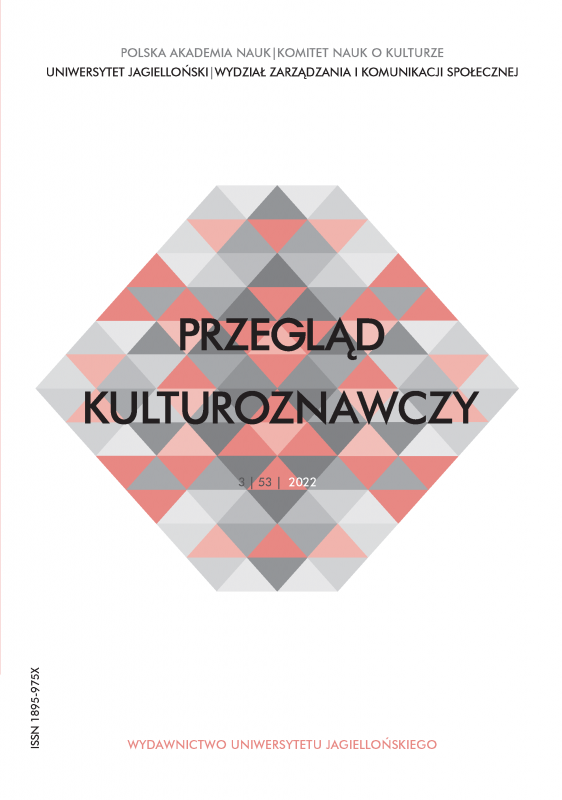Power in Deaf Pedagogy and Curriculum Design: Multimodality in the Digital Environments of Deaf Education (DE2)
Power in Deaf Pedagogy and Curriculum Design: Multimodality in the Digital Environments of Deaf Education (DE2)
Author(s): Michael E. SkyerSubject(s): Education, Fine Arts / Performing Arts, Sociology of Education, Pedagogy
Published by: Wydawnictwo Uniwersytetu Jagiellońskiego
Keywords: deaf education; multimodality; digital education paradigms
Summary/Abstract: Deaf people are a heterogeneous global minority singularly linked by technology. I posit that deaf people wield the cutting-edge of innovation by developing or repurposing digital technologies in deaf education as a means to leverage the affordances of visuospatial sign languages and multimodal communication. Throughout, I investigate a nexus of historical, cultural, social, political, and ideological struggle where deaf people use their own power and self-determination to counteract harmful forces like oppression and exclusion. To do this, I synthesize the digital environments of deaf education (DE2) and articulate a theory of deaf educational power centered on the interdependence of digital knowledge modes and the deaf users driving their development. I situate modes as a fundamental unit of analysis. Multimodality is related to power and ethics in education and assists in critically analyzing DE2. Multimodal theory illustrates how power is used in DE2 and shows ecological relationships between pedagogical ethics and knowledge co-construction by deaf students and educators. In sum; deaf people use multimodal technologies to construct deaf-centric educational power. Three major findings are categorized: (1) the purposes for which DE2 are designed, (2) the practices constitutive of DE2, and (3) disciplines represented in DE2 research. Two exemplars from category 3 are shown and analyzed. Both interrelate Deaf Culture, sign language, and digital education technologies. One is situated in a deaf student protest about language and communication access. The second is rooted in the multilingual characteristics of an international consortium related to deaf science epistemologies. Overall, I elucidate a social history of technology in deaf education to show that DE2 is a globalized phenomenon transcending geopolitical boundaries.
Journal: Przegląd Kulturoznawczy
- Issue Year: 53/2022
- Issue No: 3
- Page Range: 345-381
- Page Count: 37
- Language: English

